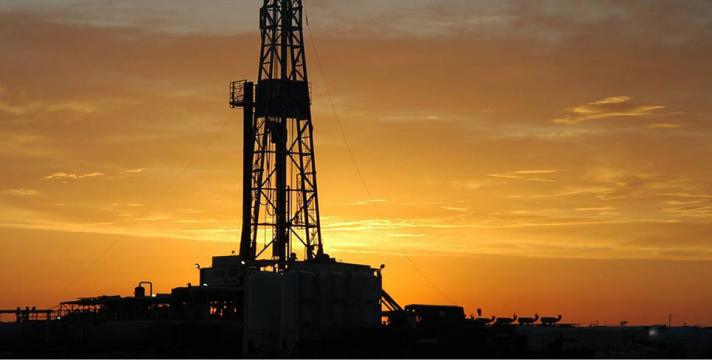
What’s the difference between natural gas and propane? Does it matter which I choose? We hear these questions a lot at Walton Gas. Read on as Jeff Paul, one of our residential energy advisors, answers consumers’ frequently asked questions about natural gas versus propane for your home.
Are natural gas and propane the same thing?
Though both are fossil fuels, they are chemically different. Natural gas is extracted from he ground. It consists primarily of methane and sometimes includes small quantities of propane, butane and other gases, usually prior to refining. Natural gas is transported to homes and buildings by underground utility pipelines, and remains in a gaseous state from its production all the way to the stovetop or furnace. Propane is extracted from crude oil and petroleum gas during their refinement processes. It is sometimes referred to as liquefied petroleum gas (LPG). It is almost always sold in tanks of various sizes.
I currently use propane. What are the advantages of changing to natural gas?
Propane prices can rise quickly when supplies get tight in winter. Propane requires you to have a storage tank on your property, and you have to pay your supplier every time it’s filled. With natural gas, you don’t need a storage tank. It is delivered to your home through underground pipes as you need it. You pay for natural gas only after you use it.
Which costs less?
Propane is processed from natural gas, and this processing factor contributes to its higher cost compared to natural gas. With the competitive rates offered by Walton Gas, natural gas provides the most for your energy dollar month after month. Take a look at Our Prices and compare them to the energy source you’re using now. Plus, Walton Gas allows you to lock in a great low rate, so you are never surprised by your energy bills.
Which energy fuel offers the greatest convenience?
In our area, many homes are constructed with natural gas pipes already installed. All you need to do is turn on your service to always have a steady supply. Since propane comes in tanks that have to be refilled periodically, you’re always at risk of running out — just when company is coming for dinner or it’s cold outside.
Will natural gas or propane add to my home’s resale value?
Real estate professionals tell us that natural gas is an added amenity homebuyers appreciate. These days, natural gas cooktops are especially in high demand thanks to the popularity of TV cooking shows.
How do I choose the best natural gas appliances for my home?
At Walton Gas, we want you to get the most out of your residential natural gas service. A big part of that is choosing the best appliances for your home. Fortunately, most natural gas appliances are low-maintenance and have excellent energy efficiency. Before heading out to the stores to shop, visit the ENERGY STAR website run by the EPA to learn how to choose energy-efficient products. When you buy natural gas appliances with an ENERGY STAR rating, you are getting highly energy-efficient products that can help to lower your monthly operating costs without a compromise in performance.
How can I save money when buying new natural gas appliances?
If you’re making the switch from propane to natural gas, Walton gas (through Atlanta Gas Light) currently offers rebates on select appliances. Don’t miss this: Through Dec. 31, 2017, Rinnai is offering 0% interest free financing on its tankless water heaters.
Is it difficult to convert from propane to natural gas?
Switching your propane furnace, boiler, water heater, range or dryer to natural gas is easy. You may not have to buy new appliances. A qualified contractor can adjust your propane appliances to run on natural gas. Locate a qualified natural gas contractor or call us toll-free at 866.WEM.CGAS (866.936.2427).